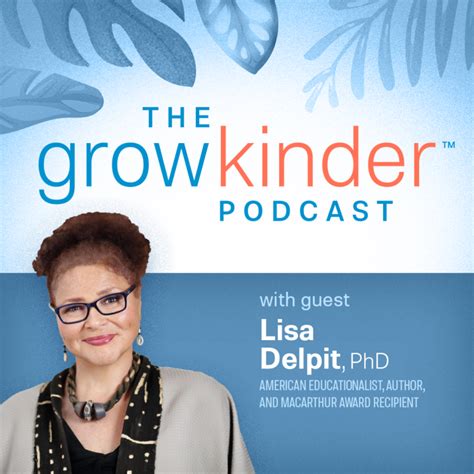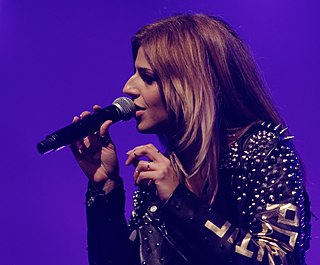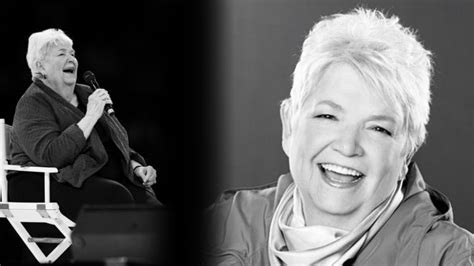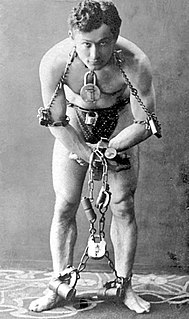A Quote by Octavio Paz
To read a poem is to hear it with our eyes; to hear it is to see it with our ears.
Related Quotes
There is truth in little corners of our lives. There are hints of it in songs and children's eyes. It's familiar, like an ancient lullaby; What do I live for? If we've eyes to see... If we've ears to hear... To find it in our hearts and mouths the word that saves is near. Shed that shallow skin... Come and live again... Leave all you were before... To believe is to begin.
Fear keeps us focused on the past or worried about the future. If we can acknowledge our fear, we can realize that right now we are okay. Right now, today, we are still alive, and our bodies are working marvelously. Our eyes can still see the beautiful sky. Our ears can still hear the voices of our loved ones.
We do not really see through our eyes or hear through our ears, but through our beliefs. To put our beliefs on hold is to cease to exist as ourselves for a moment -- and that is not easy ... but it is the only way to learn what it might feel like to be someone else and the only way to start the dialogue.
That is why we need to travel. If we don't offer ourself to the unknown, our senses dull. Our world becomes small and we lose our sense of wonder. Our eyes don't lift to the horizon; our ears don't hear the sounds around us. The edge is off our experience, and we pass our days in a routine that is both comfortable and limiting. We wake up one day and find that we have lost our dreams in order to protect our days.
Looking for the essence of beauty is comprehending and appreciating that quality in an object which is fairer and better than only what our eyes see or our ears hear, whether that be a patch of blue in an overcast sky, the fleeting laughter from a voice we love, or something as unexpected as the rainbow colors in a spot of oil on the driveway.
Had I no eyes but ears, my ears would love. That inward beauty and invisible; Or were I deaf, thy outward parts would move each part in me that were but sensible: Though neither eyes nor ears, to hear nor see, yet should I be in love by touching thee. 'Say, that the sense of feeling were bereft me, and that I could not see, nor hear, nor touch, and nothing but the very smell were left me, yet would my love to thee be still as much; for from the stillitory of thy face excelling comes breath perfum'd that breedeth love by smelling.
In his book Stand Ye In Holy Places, President Harold B. Lee wrote that one is converted when his eyes see what he ought to see, his ears hear what he ought to hear and his heart understands what he ought to understand. "And what he ought to see, hear and understand is truth-eternal truth-and then practice it. That is conversion," he wrote.
This is what life is about. It is being sent on a trip by a loving God, who is waiting at home for our return and is eager to watch the slides we took and hear about the friends we made. When we travel with the eyes and ears of the God who sent us, we will see wonderful sights, hear wonderful sounds, meet wonderful people ... and be happy to return home.
My first advice would be to read, read, read, which sounds interesting coming in a digital age, but it's so much easier to listen to a poem than it is to sit down and actually read it and to hear it in your head and that is something that every poet or aspiring poet needs to be able to do, I think to hear it in their head.






































